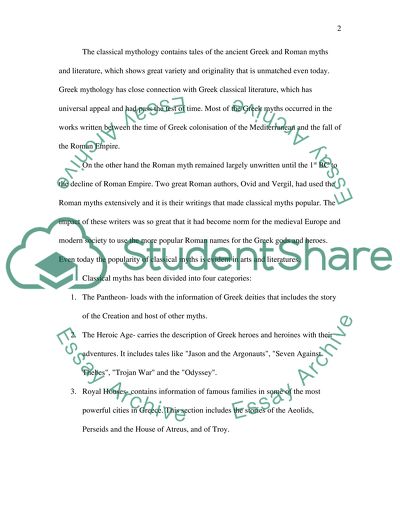Cite this document
(“Myths as Roman History Essay Example | Topics and Well Written Essays - 2500 words”, n.d.)
Retrieved from https://studentshare.org/miscellaneous/1522547-myths-as-roman-history
Retrieved from https://studentshare.org/miscellaneous/1522547-myths-as-roman-history
(Myths As Roman History Essay Example | Topics and Well Written Essays - 2500 Words)
https://studentshare.org/miscellaneous/1522547-myths-as-roman-history.
https://studentshare.org/miscellaneous/1522547-myths-as-roman-history.
“Myths As Roman History Essay Example | Topics and Well Written Essays - 2500 Words”, n.d. https://studentshare.org/miscellaneous/1522547-myths-as-roman-history.


